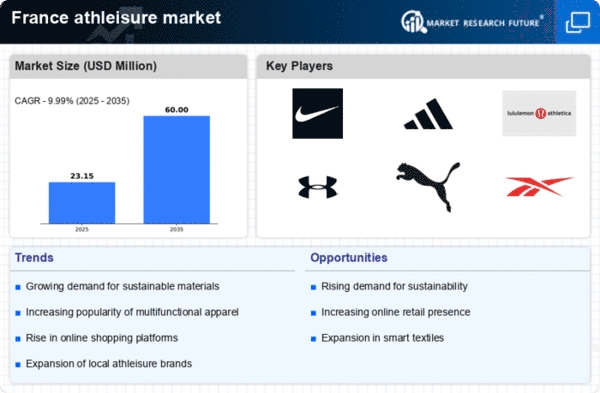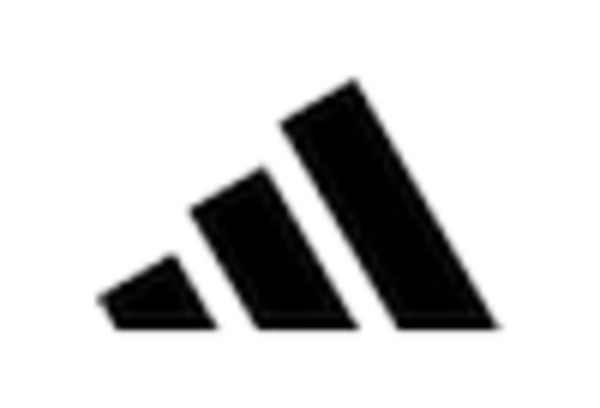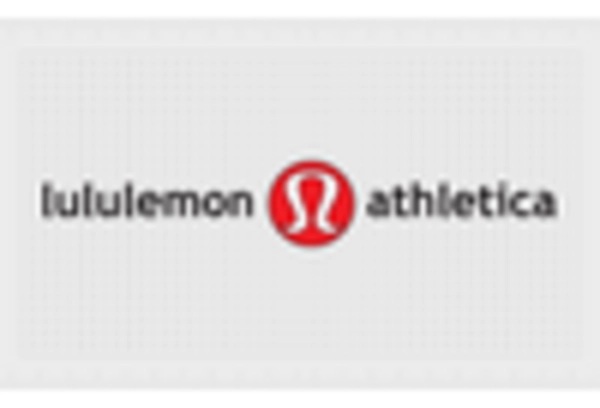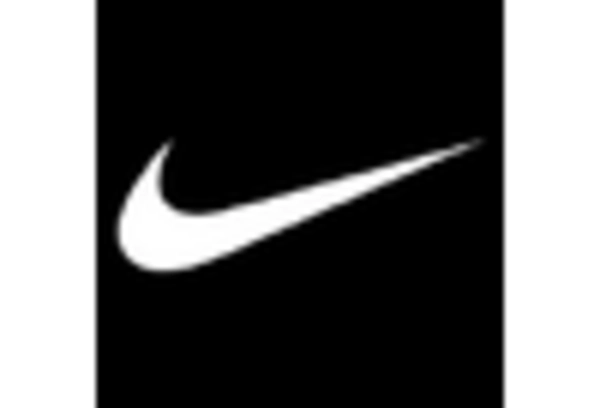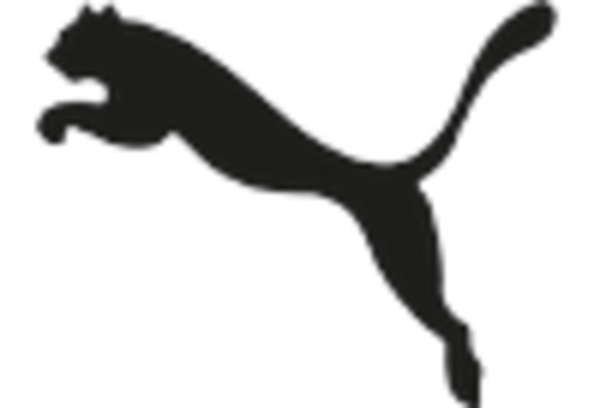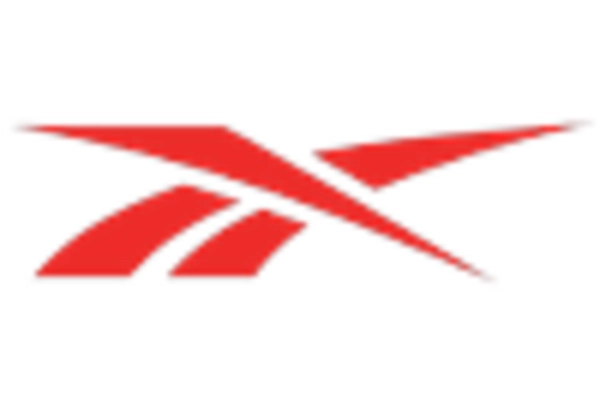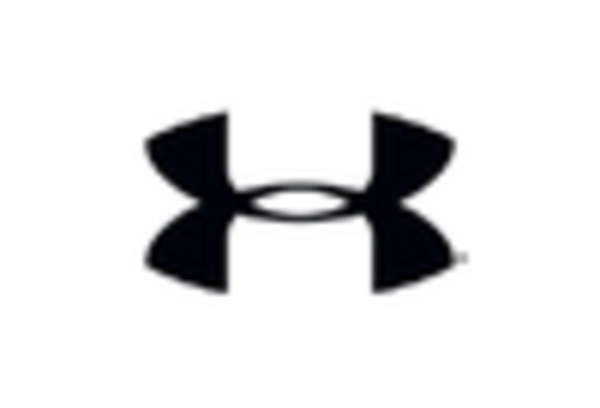E-commerce Growth
The rapid expansion of e-commerce in France significantly influences the athleisure market. With online sales accounting for nearly 20% of total retail sales in the country, consumers increasingly prefer the convenience of shopping from home. This shift has prompted athleisure brands to enhance their online presence and optimize their digital marketing strategies. The ability to reach a broader audience through online platforms allows brands to cater to diverse consumer preferences, thus driving sales. Additionally, the rise of social media marketing has enabled brands to engage with potential customers effectively, further boosting the athleisure market.
Fashion Industry Evolution
The evolution of the fashion industry in France, characterized by a blend of comfort and style, serves as a crucial driver for the athleisure market. As traditional fashion norms shift, consumers increasingly seek versatile clothing that can transition from gym to casual outings. This trend is reflected in the growing sales of athleisure products, which reportedly increased by 15% in the last year. The collaboration between high-end designers and athleisure brands indicates a merging of luxury and functionality, appealing to a broader demographic. This evolution suggests that the athleisure market will continue to thrive as it adapts to changing consumer preferences.
Sustainability Initiatives
Sustainability initiatives are increasingly becoming a focal point for consumers in France, impacting their purchasing decisions in the athleisure market. As awareness of environmental issues grows, consumers are more inclined to support brands that prioritize eco-friendly practices. Reports suggest that approximately 70% of French consumers consider sustainability when making fashion purchases. This trend has prompted athleisure brands to adopt sustainable materials and ethical production methods, thereby appealing to environmentally conscious shoppers. The commitment to sustainability not only enhances brand reputation but also positions companies favorably within the competitive landscape of the athleisure market.
Health and Wellness Awareness
The increasing awareness of health and wellness among the French population appears to be a pivotal driver for the athleisure market. As individuals prioritize fitness and a healthy lifestyle, the demand for comfortable and functional apparel rises. Recent data indicates that approximately 60% of French consumers engage in regular physical activity, which correlates with a growing interest in athleisure products. This trend suggests that brands focusing on performance-enhancing materials and designs may capture a larger share of the market. Furthermore, the integration of athleisure into everyday wear reflects a cultural shift towards valuing health, thereby propelling the athleisure market forward.
Influence of Celebrity Endorsements
Celebrity endorsements play a significant role in shaping consumer perceptions and driving sales within the athleisure market. In France, high-profile athletes and influencers often promote athleisure brands, creating a sense of aspiration among consumers. This strategy appears to resonate well, as studies indicate that products endorsed by celebrities can see a sales increase of up to 30%. The visibility and credibility that these endorsements provide can enhance brand loyalty and attract new customers. Consequently, the strategic use of celebrity partnerships is likely to remain a vital component in the marketing strategies of athleisure brands.


